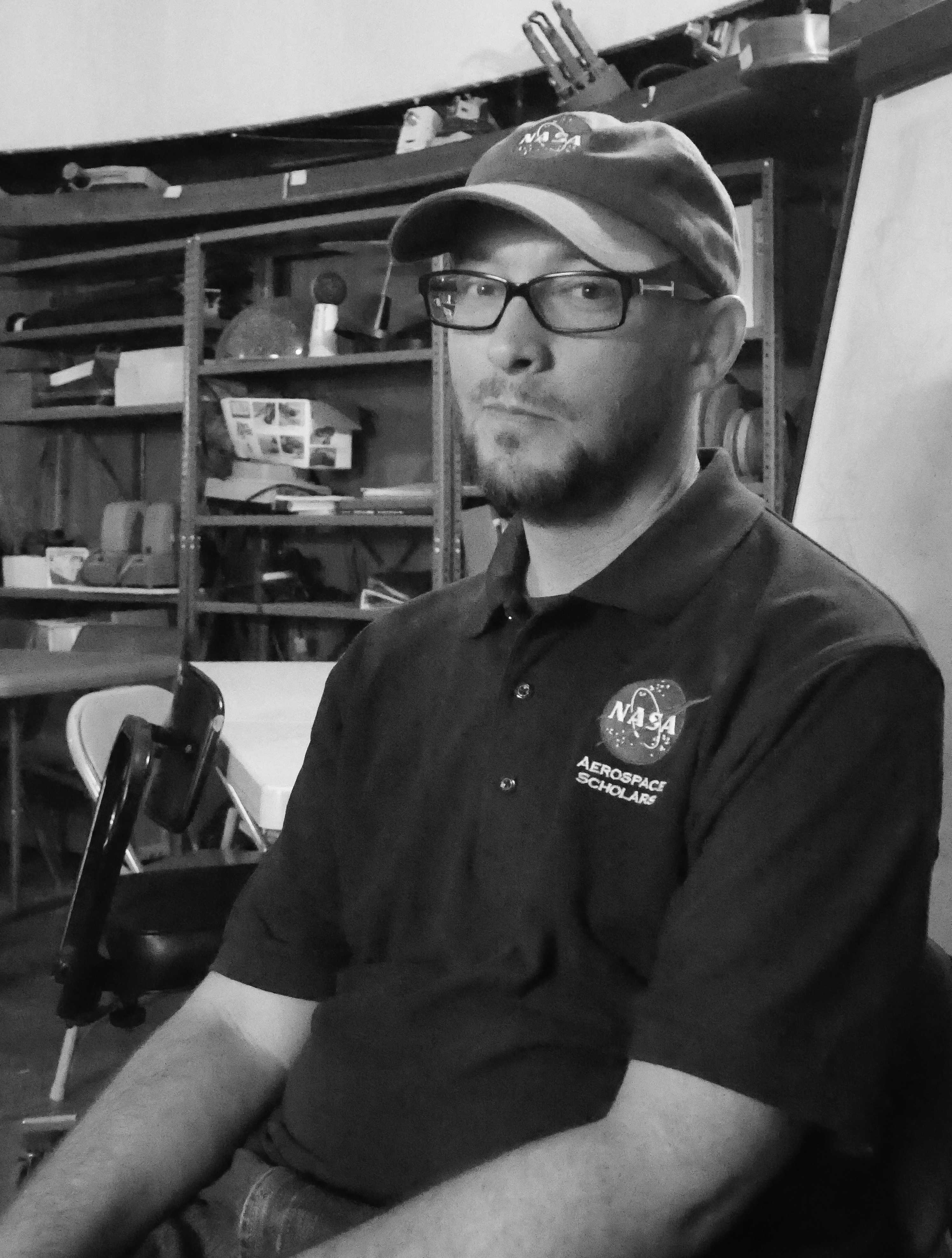As scholarships are underutilized, a student wins seven
By Lisa Martin
After moving to San Francisco in 2011, Vernon Roark said he was at one point delivering pizzas and wishing he had a degree to make more money and continue living in the Bay Area.
Originally from Kentucky, the former philosophy major now studies physics at City College. Here, he utilizes college resources to help him pay the bills while he works toward transferring to an astrophysics program.
Roark tutors students in the Science Building planetarium as part of Federal Work-Study, receives federal grants, and takes advantage of Free City. Scholarships, he said, have also played a small but essential role in allowing him to focus on college.
In the past two years, Roark has earned six different scholarships: the Osher Endowment Scholarship, the Osher Initiative Scholarship, the CCSF faculty association scholarship, the Darwin Scholarship and the Koret Foundation scholarship (which he won twice). In total, he has earned $4,800 in scholarship money, which he said goes toward rent and food.

Astronomy professor Melinda Weil, who helped Roark with his letters of recommendation, said having extra money, usually ranging from a few hundred to a few thousand dollars for the year, is usually good for any student.
She also mentioned knowing another student who turned in a scholarship application a few days before it was due.
“He ended up with $8,000,” Weil said. “There’s a lot of opportunity here. A lot of it is being passed up because many students aren’t applying.”
She added that the majority of students who have a financial need and complete their general scholarship applications — which require students to meet a minimum GPA — are getting money.
Math professor Michael Greenberg introduced the idea of scholarships to Roark early one semester. Greenberg, who is also the resource coordinator for the math department, runs workshops and programs designed to help students find opportunities for funding their education.
“I realized that some of the things preventing our students from succeeding is they’re struggling to pay for school, struggling to pay for textbooks,” said Greenberg, who took his position in part to change that.
Greenberg said that while many students might not know if they qualify or how to apply for scholarships, there are many scholarship opportunities available to City College students. He referenced the Osher Scholarship, which he said has more money available than the amount given away to students who apply.
“I talk to so many people [about scholarships]. Everybody’s like, ‘Nah. I just never applied. I got this excuse…’, Roark said. “If somebody’s going to win, it might as well be you.”
Deadlines for scholarships are usually in the first or second month of each semester so the money can be transferred to students quickly enough to go toward that same semester’s costs.
But for Roark, scholarships are not just about money. He said that although grants are also essentially free money, scholarships are way better and something to add on a resume.
“A scholarship means that you won something,” said Roark. “All of a sudden, I have people who believe in me.”
Roark wants to transfer into University of California, Berkeley or University of California, Santa Cruz for their astrophysics programs.
“What I really hope to achieve is basically helping humanity get into outer space and onto other planets,” Roark said.
For him, winning scholarships is just one small step toward that goal.
.
